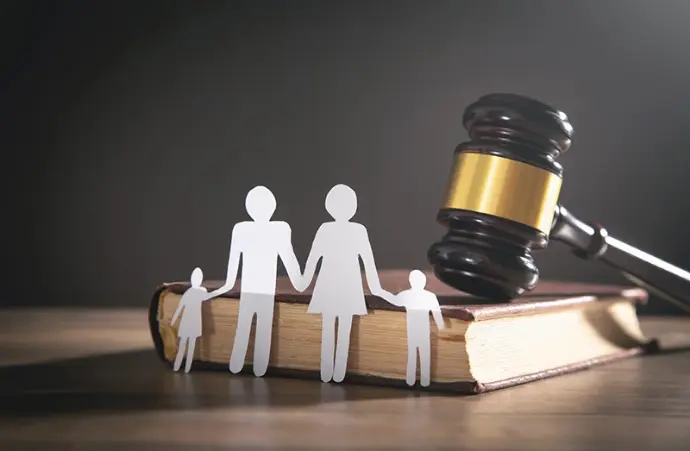Specific Areas of Focus on Procedures
A family lawyer's responsibilities can vary depending on the specific area of family law involved:
Divorce:
This includes issues like property division, spousal support (alimony), and child custody.
Child Custody and Visitation:
This involves determining which parent will have primary custody and establishing visitation schedules for the non-custodial parent.
Child Support:
This involves calculating and enforcing child support payments.
Adoption:
This involves navigating the legal process of adopting a child.
Prenuptial and Postnuptial Agreements:
These agreements outline how assets will be divided in the event of a divorce.
Domestic Violence:
This involves obtaining restraining orders and protective orders for victims of domestic violence.

Choosing the Right Family Lawyer:
When choosing a family lawyer, consider the following:
- Experience: Look for a lawyer with experience in your specific area of need.
- Communication Style: Choose a lawyer you feel comfortable communicating with.
- Approach: Consider whether you prefer a lawyer who is primarily a negotiator or a litigator.
- Fees: Understand the lawyer's fee structure.






